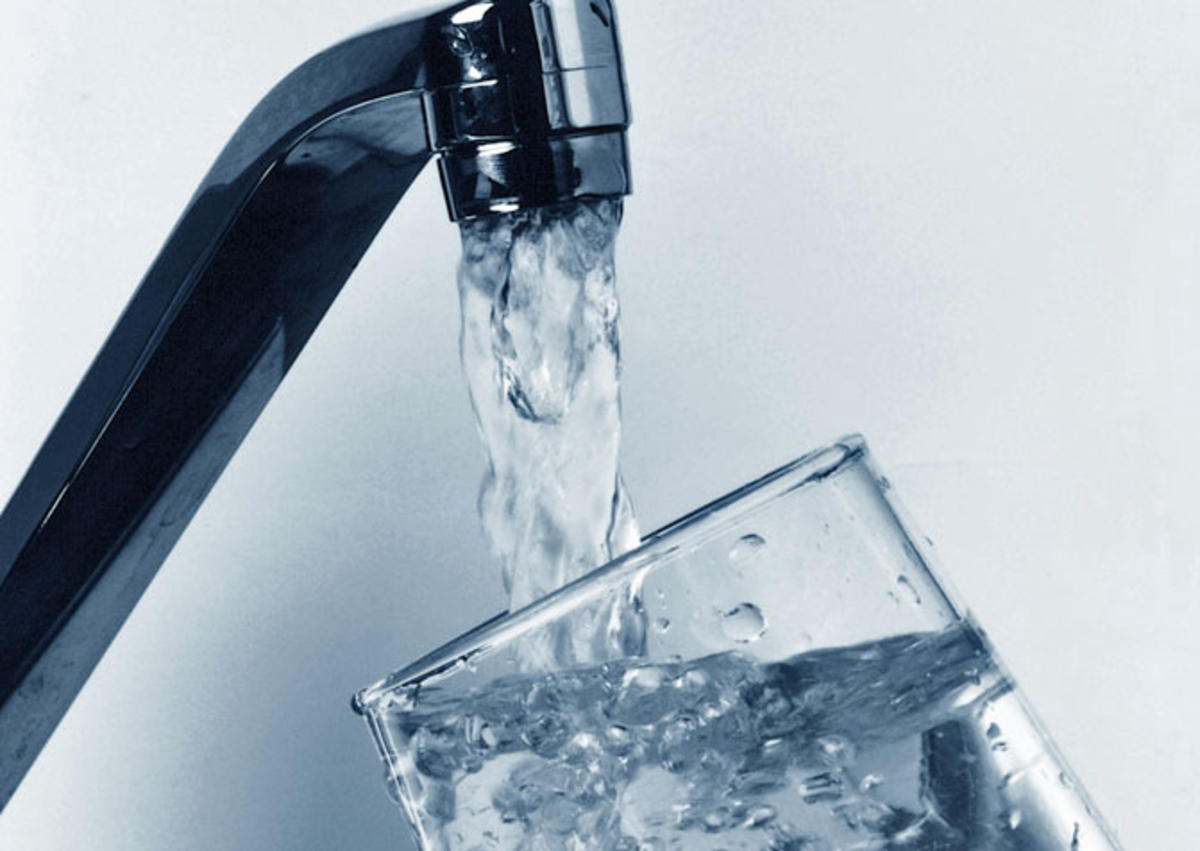Three water sources in Georgetown University tested positive for an above-normal level of lead contamination. The university ordered the installation of water filters in the following water sources to ensure clean potable water for the students and staffs. Georgetown University is a private research university in the Georgetown neighborhood of Washington, D.C.
Lead contamination in water sources
A study conducted by second-year masters students Julie Oh, Misti Persaud, and Tianze Pan found out that several water sources in university facilities contain concentrations of lead content which is near and above Environmental Protection Agency (EPA) levels.
A recent study conducted by graduate students enrolled in the environmental metrology and policy program uncovered high concentrations of lead in various water sources across the Georgetown University campus.https://t.co/XeQE3sv1MV
— The Hoya (@thehoya) September 6, 2019
According to EPA, if more than 10% of the sample source value exceeds the normal level of lead content then water systems should take appropriate actions. In the study conducted by the students, several water sources have indicated lead counts more than the allowed level.
After the study conducted by the students, the Office of Environmental Health and Safety seek for the services of a third-party consultant to do an additional test on the suspected contaminated water sources. The specific buildings being checked was not disclosed by the university.
Water filters to solve lead contamination
The third-party consultant found three sinks on the campus to contain above the level of lead content while the rest are on normal to undetectable levels.
All other location tested, including locations in the graduate students’ study showed a normal level of lead detection. The water sources that higher level has water filter’s installed on it already; a statement from Rachel Pugh, university media relations.
According to Professor YuYe Tong, adviser for the graduate student study that first detected above level contents of lead in university water supply,
As to whether such filter is enough to reduce the concentration of lead and keep it at a lower level than EPA’s action level, only a scientific measurement can tell.
Lead can mix with drinking water thru plumbing materials that might have lead corrode. In most cases, these lead corrosions are found in lead pipes, fixtures and faucets/water outlet. Corrosion is an unpredictable occurrence; it may result from a change in water chemistry, water temperature, and age of the pipes being used.
Lead ingestion for children especially infants can be dangerous and fatal, for adults, it is barely noticeable if not taken in high levels. Lead poses a danger in human’s health, which is why Environment and Health Services are addressing these lead contamination issues with urgency.
As of today, no health concerning news was reported due to possible lead contamination in the campus. The students, staffs and the rest of the community at Georgetown University hope that it will always stay this way.







